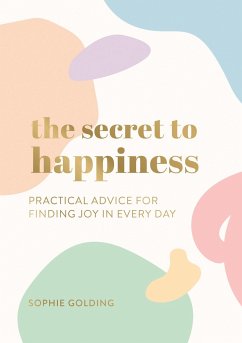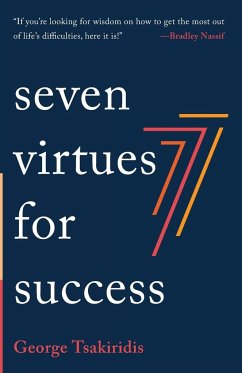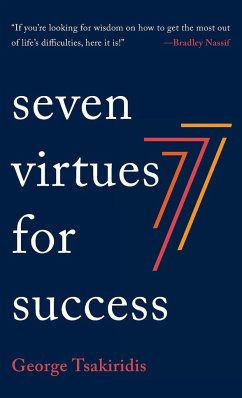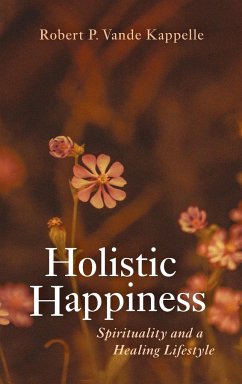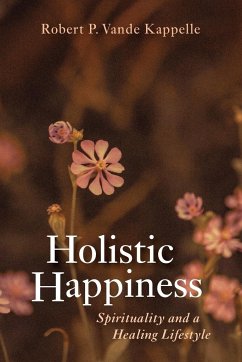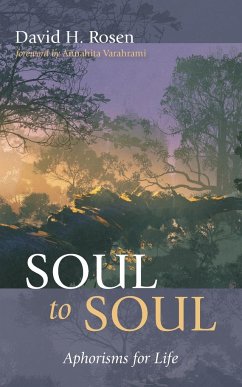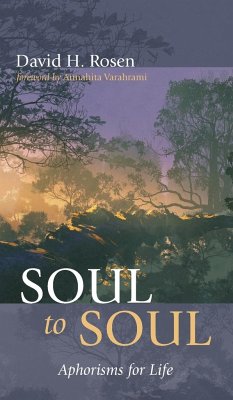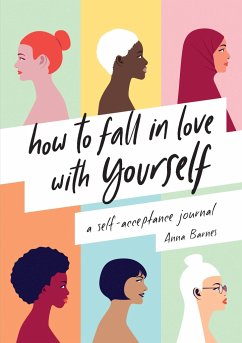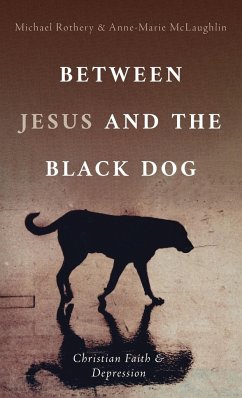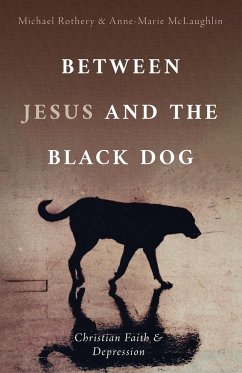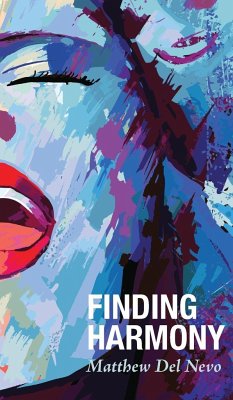
Finding Harmony
Versandkostenfrei!
Versandfertig in 1-2 Wochen
31,99 €
inkl. MwSt.
Weitere Ausgaben:

PAYBACK Punkte
16 °P sammeln!
This is a self-help book with soul. Soul is not something we have, soul has to do with what we are, with inner quality, not outward expression or success or achievement. Soul is not about getting happiness, but about dwelling in melancholic enjoyment. The way of soul is a middle way between sensualism or materialism (consumerism) on one hand and effete spirituality and religiosity, or abstract modes of reflection including philosophizing and theologizing, on the other. We see soul alive in art and hear it in good music and we sing along with it in our favorite songs. Soul is not spirit or an i...
This is a self-help book with soul. Soul is not something we have, soul has to do with what we are, with inner quality, not outward expression or success or achievement. Soul is not about getting happiness, but about dwelling in melancholic enjoyment. The way of soul is a middle way between sensualism or materialism (consumerism) on one hand and effete spirituality and religiosity, or abstract modes of reflection including philosophizing and theologizing, on the other. We see soul alive in art and hear it in good music and we sing along with it in our favorite songs. Soul is not spirit or an idea, it is sensibility. Finding harmony has to do with developing sensibility, which we need to be able to distinguish from being religious, having ideas and beliefs, purpose-driven living, self-help techniques, and so on. Soul is deadened by techniques, tech-speak, and method, because soul is tied to creativity and inspiration and the power of now. With this book I hope to open my readers to soul and soulfulness as the primary business of life.





